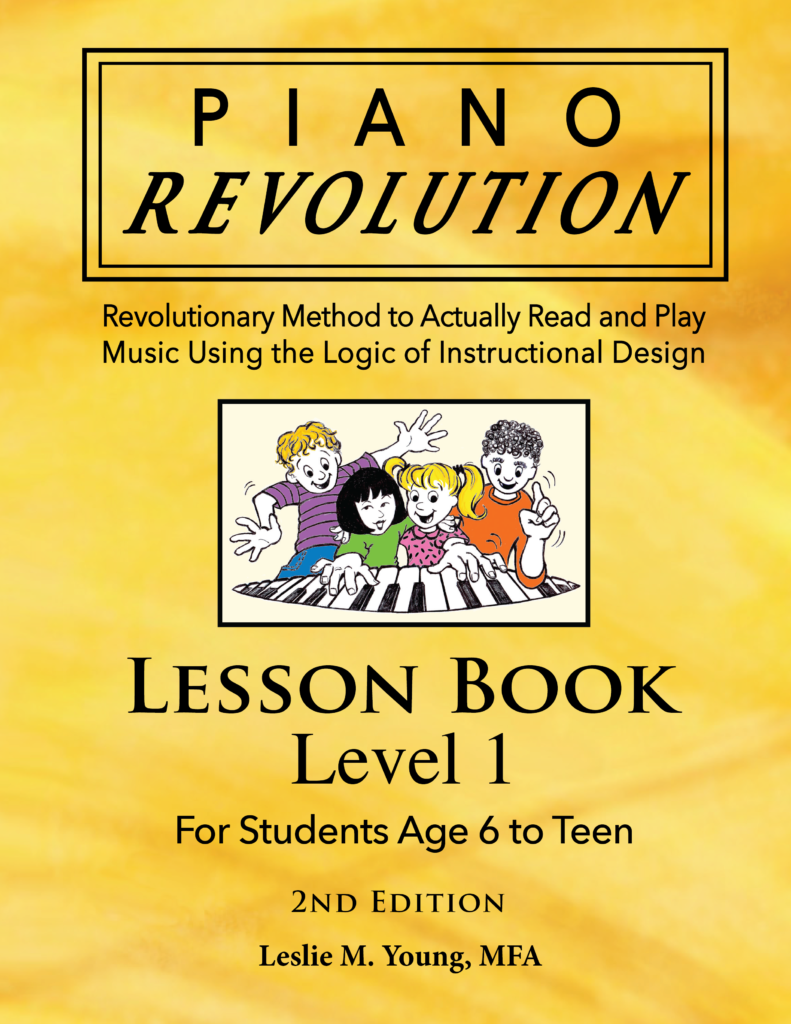Astonishing Stage Fright Remedy that Works
Surely everyone has or will experience some degree of stage fright during life. This performance anxiety can affect professionals and amateurs, even a regular person attempting a regular task.
When I must speak in public, I tell myself how glad I am that I’m not playing a piano or organ piece. When I must play, I think about how nice it is to not be speaking in public. Sounds silly, but it helps “psych me up” in a positive way and gets my mind off thinking about stage fright. I have found various things to do that really tone down the jitters, and one in particular that is surprisingly effective – but I’ll get around to that later on.
It Can Happen to Anyone
A person could be on stage in front of a large group of spectators or in a small office setting with just a few co-workers and the boss and still experience some or all of the common physical symptoms of stage fright or anxiety.
Being the center of attention, being called upon to provide a response (performance, data, opinion, etc.), or being unsure of your capabilities can put mind and body in a state of stress approaching any degree of anxiety, from mild to extreme, leading up to huge stage fright. Those symptoms of stress and anxiety include trouble speaking due to a tightening of the throat and/or dry mouth; a pounding heart and racing pulse can contribute to rapid breathing, lightheadedness, and trembling; that uneasy, almost nauseous feeling in the stomach is no help and seems to go with chilly, sweaty hands. The task begins to feel any degree of impossible to complete, and the mind can go blank.
Think Positive – no really!
When stage fright strikes, your self-confidence and even self-esteen are under attack. You can be quite aware that your fears are unfounded but that doesn’t make you un-feel them. Think of those times you lived through a very difficult experience. It may be one totally unrelated to your current situation: a particularly massive test; an intrapersonal interaction; being the presenter to a small or huge gathering; impromptu babysitting/child care; new employment’s first day, etc. etc.
In advance of your current to-do, choose one or two past scenarios where you succeeded, did not experience much anxiety or stage fright, and felt good about the outcome. Remember the positive outcomes of those times – how good you felt afterward – complimentary comments you received. These remind you that you ARE capable; you did well in that previous scarey time and you will do well in this one now!
If I am to deliver a speech, to quelch stage fright, I do NOT look directly at the audience members. I’ll focus just above the heads, or if I look out to people I will blur my vision so I’m really not seeing them. When I remember to smile and look pleasant, my audience responds alike. When I speak in soft tones closer to the mic so volume level is good, and pause briefly between phrases, not rushing the words, the audience immediately quietens down because my delivery sounds important, meaningful. That surprised me the first time it happened and it’s never failed since.
If I am performing on piano or organ, I repeatedly tell myself how glad I am that I’m not having to give a speech and face everyone! It helps calm me to know I can just concentrate on the music, on the playing, on the note-reading – not the audience. To prevent stage fright from even happening, where one places focus is so very important. Focus on the music, not anyone else. With a speech, I focus on the voice inflections, the pauses for effect and better audience understanding, the pace of it all with any time constraints, and I also concentrate on not losing my place!
It really reduces stage fright to think that people are not there to see and listen to me; they are there to enjoy some music, perhaps to enjoy time out of the house with family/friends. I am not the focus – the music is – the words are – but not myself. When I don’t look at faces, I’m on my own, invisible. It does help to think that way!
Try this to lessen anxiety
Two things absolutely work for me, and then there are some extras that support calmness and focus:
1. The most essential thing you can do is prepare!
- Make sure you do everything possible to get ready before the event. Practice as much as it takes.
- List the items you will need to take with you and check them off as you pack and load.
- Include snacks, drinking water, mints, pain pills, etc if needed.
2. This breathing technique slows down any jitters leading to stage fright:
- Expel the air from your lungs.
- Slowly breathe in your nose to the count of four.
- Hold your breath for the count of four.
- Slowly expel the air from the nose to the count of four.
- Repeat several times.
3. Supporting routines would be:
- Get enough sleep, limit caffeine and sugar on the day of the performance.
- Do eat some complex carbs for the meal before the event so you won’t be hungry and unenergized.
- Have a generally healthy lifestyle, including some exercise.
https://www.webmd.com/anxiety-panic/guide/stage-fright-performance-anxiety#1
What Would the First Lesson for a Young Student Look Like?
What Would the First Lesson for a 6 to Teen Look Like (video)?
View sample pages of all the books for students
ages 6 to teen:
View sample pages of all the books for students
4 to 5 years old:
View sample pages of all the books for older
teens and adults:







